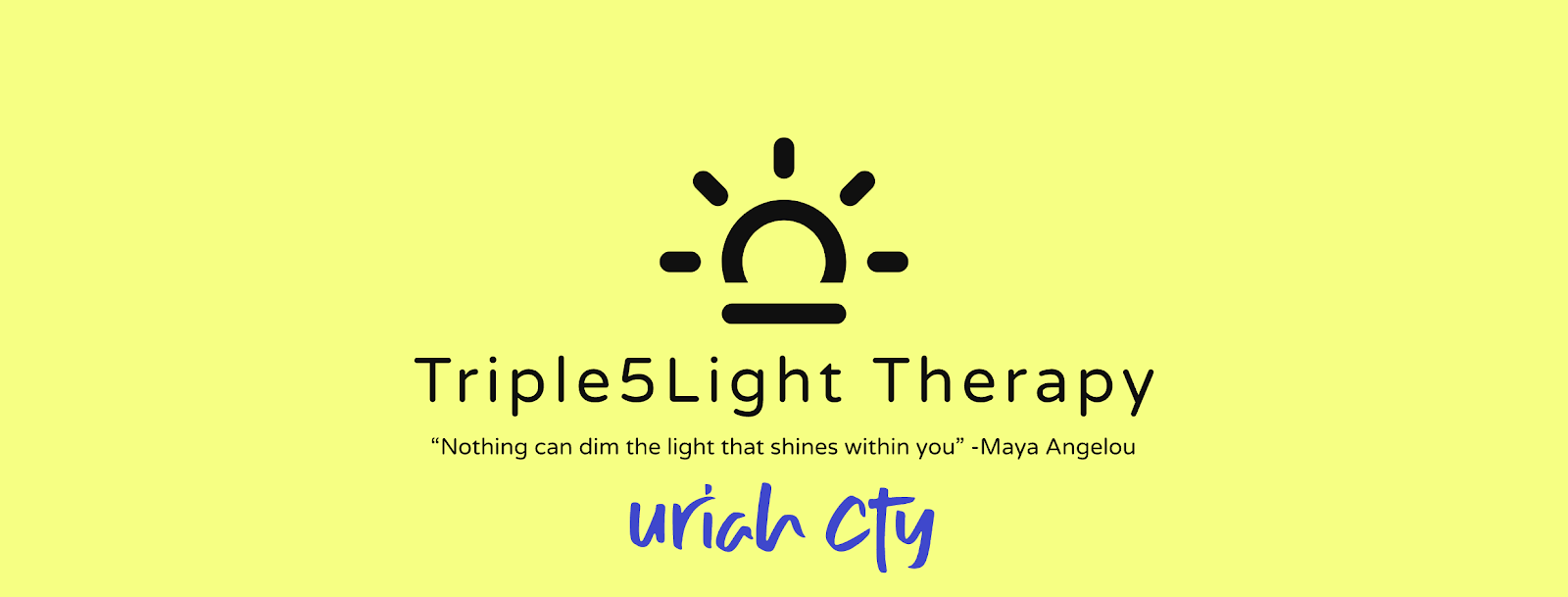#LGBTQ+ #queercafés #Cuties #VirginiaBauman #IrisBainumHoule Across the country, queer cafés, mixers, and stores are providing options that aren't gay bars — and that's revolutionary. On any given day in Los Angeles, LGBTQ+ locals and tourists have few choices when it comes to finding other queer and trans people — at least, in a space that’s not a bar. The go-tos , especially for cisgender gay men of legal drinking age, are gay bars, largely found in the tony city of West Hollywood. But for everyone else who identifies as LGBTQ+, such spaces are less than ideal, and for youth and those who are sober or in recovery, they aren’t an option at all. That's one reason Virginia Bauman and her business partner Iris Bainum-Houle opened Cuties , a queer-owned, operated, and focused café in East Hollywood. Open daily from mornings into late afternoons, with events often hosted in the evenings, Cuties is an accessible, alcohol-free spot for LGBTQ+ people to just be — s
